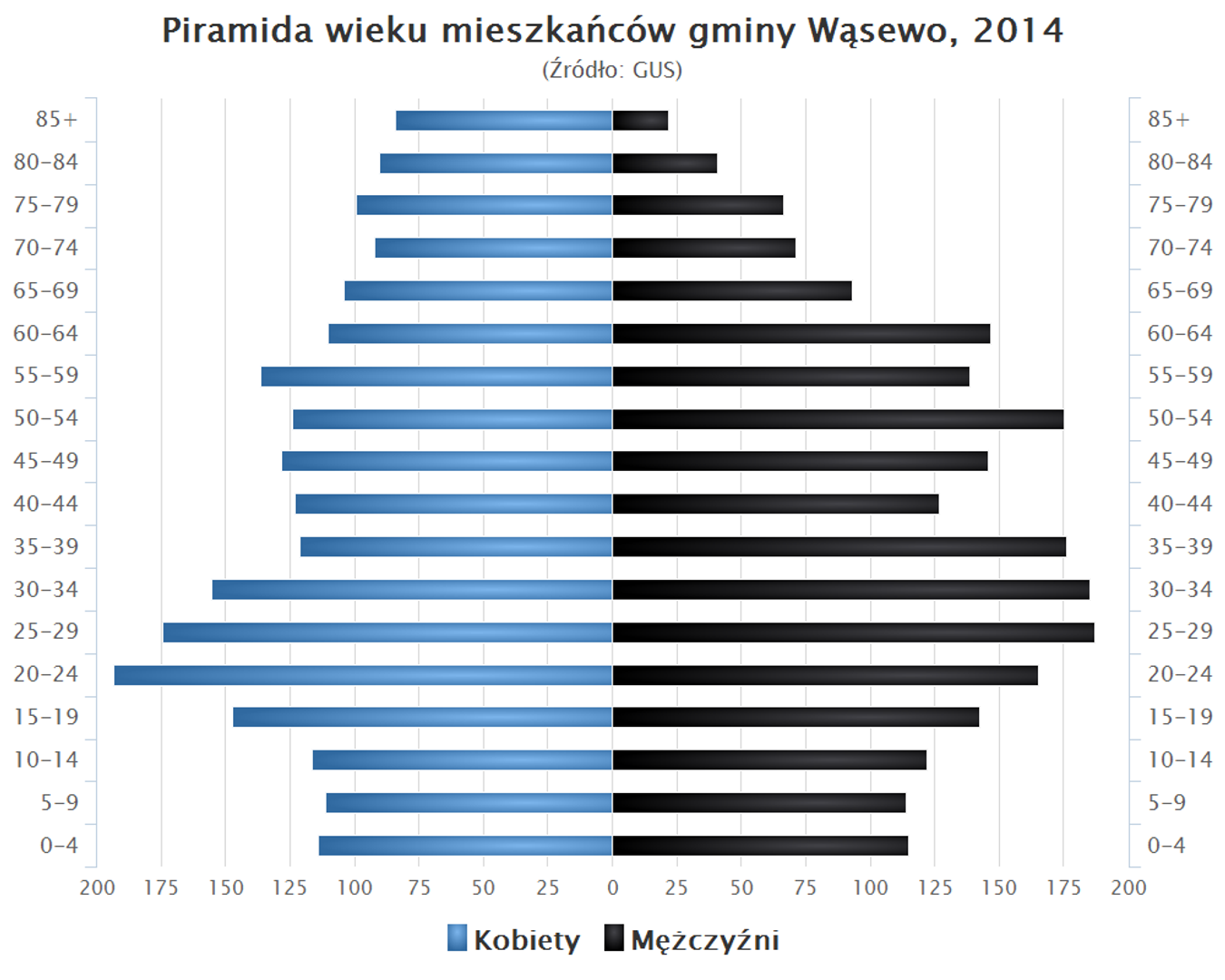Wąsewo
6.77

Overview
Wąsewo is a rural commune in the Masovian Voivodeship, within Ostrów County, with its administrative seat located in Wąsewo. Its history dates back to the 14th century, and the name likely originates from the surname "Wąs" or a topographical term related to the local terrain. In the second half of the 16th century, Wąsewo served as an important transportation hub connecting various regions, which contributed to its development. The commune was established in 1868 in the Kingdom of Poland but was ultimately reactivated only in 1973. In 2004, the commune had 4,626 inhabitants, and by 2017, this number had decreased to 4,365, accounting for 5.9% of the county's population. The commune covers an area of 119.2 km², with agriculture being the dominant economic activity. There are no industrial plants in the area, and economic activity is primarily focused on commercial services. Wąsewo consists of 31 villages, including settlements such as Grądy, Modlinek, and Wąsewo-Kolonia. The commune offers good transportation links to Ostrołęka, Ostrów Mazowiecka, Wyszków, and Warsaw. A notable historical fact is the mention of Wąsewo in Henryk Sienkiewicz's novel "The Deluge," highlighting the region's significance in Polish literature and history. The commune also features the Ostrów Mazowiecka-Grądy airstrip, showcasing the diversity of its infrastructure. In Wąsewo, culture and traditions are preserved by local communities, making the commune an interesting place both historically and culturally.
Location
2026 Wizytor | All Rights Reserved